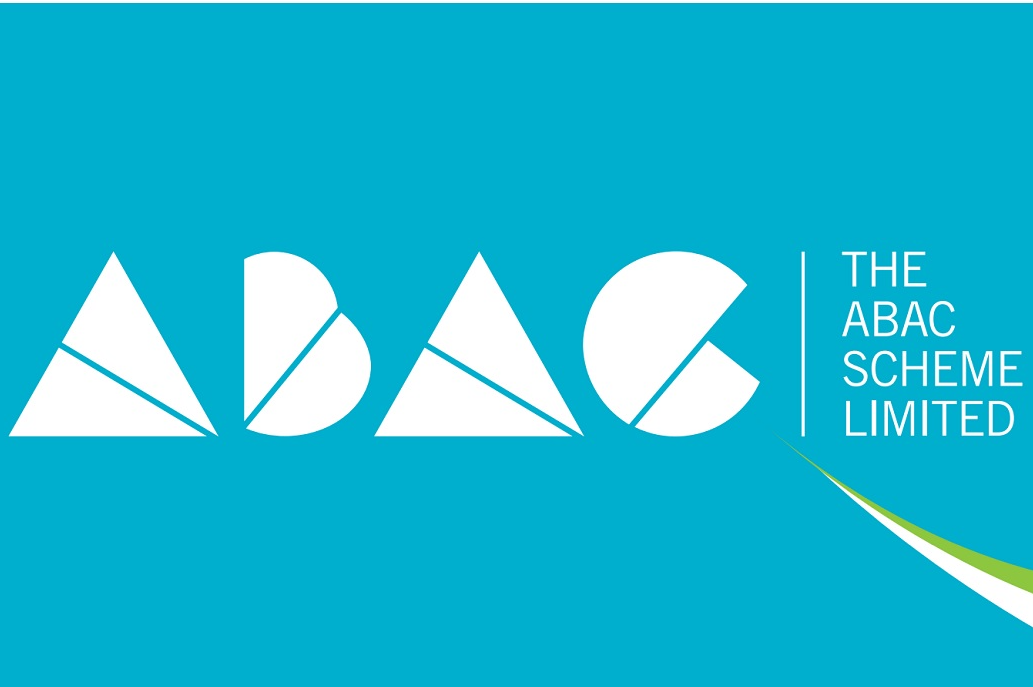The Alcohol Beverages Advertising Code (ABAC) panel dismissed a complaint regarding Mind Ya Head Non-Alc XPA, but did take the opportunity to remind marketers of the ‘spirit and intent’ of the code.
The ABAC was responding to a complaint objecting to a billboard advertising for Hop Nation’s Mind Ya Head in Collingwood Victoria, which read: ‘Dodge hazards with a clear head’.
The complainant stated that ‘the mention of the product being alcohol-free is not immediately obvious; one may construe that the advert promotes risky activities such as driving a motor vehicle or other high-concentration activities.’
‘The only mention of the product(s) being alcohol-free is on the picture of the can itself; there is no mention of it in the text block, nor any comparative statement (used such in Heineken 0.0 and Carlton Zero advertising).’
To which Hop Nation responded: ‘The marketing communication does not show the consumption of an alcoholic beverage at all (let alone during any activity in which it would be unsafe to do so).’
‘We have taken care to ensure the non-alcoholic nature of the product is clearly conveyed and feel that any reasonable person would understand the context’.
A large part of the panel’s deliberation was whether or not the ABAC was even applicable to this advertisement, as the code’s remit is mostly limited to the marketing of alcoholic beverages. Indeed, the panel stated it was ‘somewhat problematic to apply the standards to the marketing of a non-alcoholic product.’
However, an exception applies if the product at hand is a ‘brand extension’, meaning a new product that more or less adopts the existing core branding of the producer’s other, alcoholic, beverages.
In this instance, the ABAC panel felt that the Mind Ya Head product satisfies this definition, and therefore, should be consistent with the code’s standards.
The code has previously adjudicated on a motley collection of other alcohol brand extensions including of VB-branded fragrances and Bundaberg Rum Egg Nog. Of more relevance are ABAC’s determinations 67/19 and 207/20, which concerned Heineken’s line extension to a zero alcohol beer, and Carlton’s line extension to a zero alcohol beer respectively.
The Heineken determination is of particular consequence for this case, as it regarded a billboard featuring the text: ‘Designated Driver? #NowYouCan’. In this instance, the complaint was upheld.
Ultimately, the panel concluded that the Mind Ya Head billboard was not in breach of the code, saying: ‘While the billboard does not unambiguously establish that the product is a non-alcoholic beer, the advertising cannot reasonably be taken as directly implying the consumption of alcohol prior to cycling.’
The complaint was dismissed, though the ABAC panel did suffix its decision by reminding brands to consider not only the letter of the code, but also its ‘spirit and intent’.
‘Extending established alcohol beverage branding to non-alcoholic beverages such as zero alcohol beer does raise some novel issues,’ the statement read.
‘It is important that marketers place close attention not only to the letter of the ABAC but its spirit and intent in devising marketing communications for such products.’

